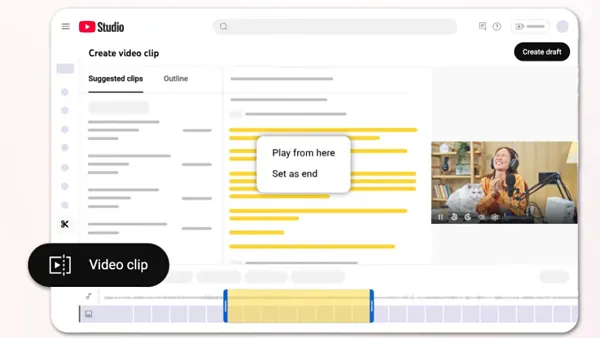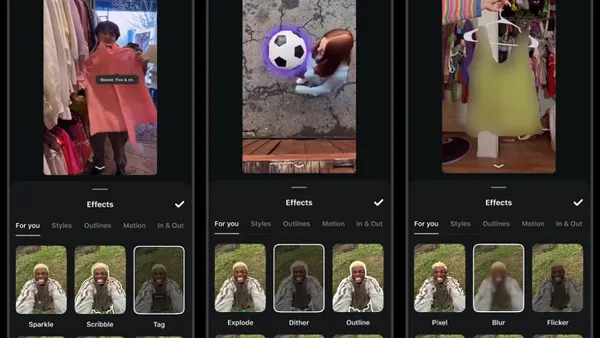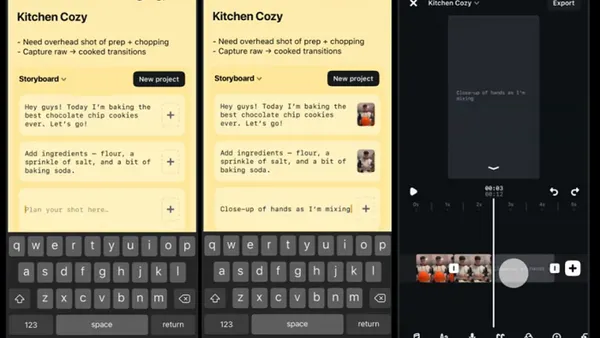We're kind of obsessed with ourselves and the people who love us. It's the foundation of what makes us all online influencers. Our Twitter account wants us to tell the world "What's happening?" Our Facebook status asks "What's on [our] mind?" Foursquare wants us to "Check-in" and announce our position to the world. It all adds up to a lot of noise across our networks and across the larger social web.
We make our mark, but our digital footprints have varying shoe sizes: Some of us have 500 Twitter followers and 1,000 unique visitors to our blog per month. Some of us command the attention of 50,000 followers on Twitter and 100,000 visitors to our blog each month. So, who's more influential?
Your first reaction might be to say the person with the larger audience has greater influence. And, in some cases, you might be correct in that assumption. But, online influence goes far beyond the number of people who follow you or visit your blog.
 Influence is not about popularity or celebrity.
Influence is not about popularity or celebrity.
Simply having a lot followers on Twitter or "Likes" on Facebook does not make you influential. Lady Gaga has an enormous following on Twitter, but if you are selling financial data mapping software to large firms on Wall Street, Gaga tweeting your name would offer little more than a ripple of brand awareness. Influence occurs when the influencer and their audience are aligned, making the exchanges meaningful and impact that much stronger.
Influence is a matter of context.
Influence has everything to do with the topic being discussed and the action (if any) that is required. Is the conversation relevant to the audience? Is the requested action too high a hurdle for your audience to manage? Sticking with the Gaga example: if you were a local restaurant in the city of an upcoming Gaga concert, having her tweet a discount offer on pre-concert appetizers to ticket holders would significantly boost your sales. A highly relevant audience (Lady Gaga concert goers) coupled with a manageable action (walking to the restaurant and presenting concert tickets) makes for an online influencer success story.
Influence changes across channels.
What works on one online channel may not work on another. Some people have built up enormous followings on Twitter, but are far less focused on Facebook. Others have dedicated themselves to their blogs and engage their readers through comments, but less so through social networks.
Whether you are a business interested in identifying potential brand advocates online or simply someone interested in understanding their digital standing, influence is much more complex than the numbers game people often purport. So, check your Klout score, examine your followers, your blog comments, and think about how connected you are with your audience. At only a 1,000 followers, you may be far more influential than you realize.










